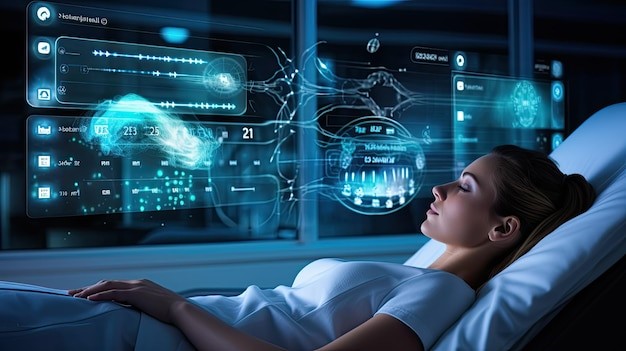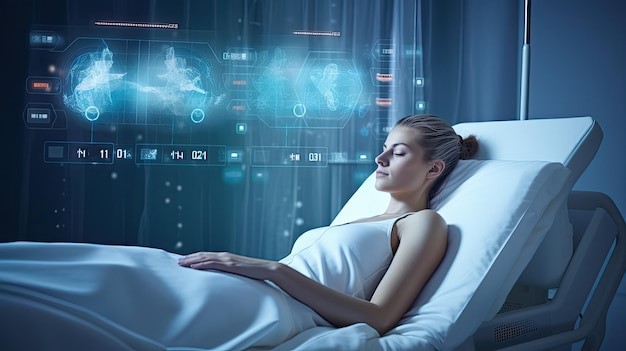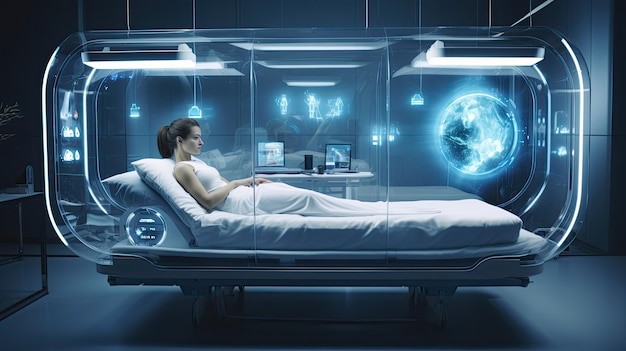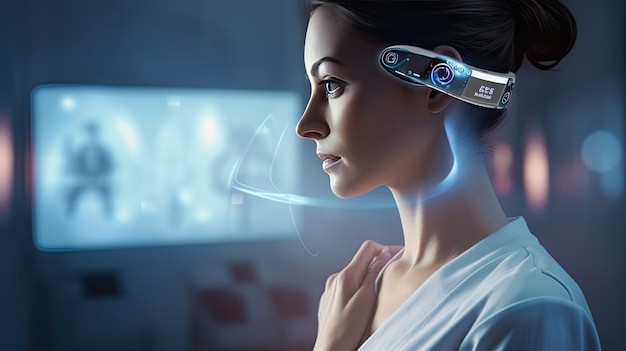AI in Sleep Monitoring Technologies
Janani R May 30, 2024 | 11:50 AM Technology
AI is revolutionizing sleep monitoring technologies by enhancing the accuracy, comprehensiveness, and usability of devices and systems used to track and analyze sleep patterns. Here’s an overview of its key contributions:
Smart Home Integration
- Adaptive Environments: AI integrates with smart home devices, such as smart beds, lighting, and thermostats, to create optimal sleep environments by adjusting conditions in real-time based on sleep data.
- Personalized Settings: These systems learn individual preferences and habits, tailoring environmental factors to promote better sleep quality.
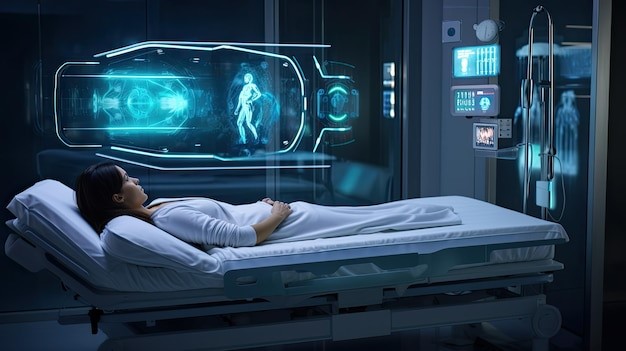
Figure 1.AI in Sleep Monitoring Technologies.
Non-Intrusive Monitoring
- Contactless Tracking: Figure 1 shows AI in Sleep Monitoring Technologies. AI-powered devices use technologies like radar, infrared sensors, and sound analysis to monitor sleep without direct contact, providing a comfortable and unobtrusive user experience.
- Advanced Sensing: These systems can track detailed physiological signals, such as respiration and heart rate, offering a comprehensive view of sleep health.
Wearable Devices
- Enhanced Functionality: AI improves the accuracy of wearable devices in tracking sleep stages, movements, and other physiological metrics, providing valuable insights into sleep patterns and disturbances.
- User Engagement: Wearables with AI capabilities offer personalized feedback and recommendations, encouraging users to improve their sleep habits and routines.
Continuous Monitoring
- Real-Time Analysis: AI enables continuous monitoring and real-time analysis of sleep data, allowing for immediate adjustments and interventions if abnormal patterns or issues are detected.
- Long-Term Trends: Continuous data collection over extended periods helps identify long-term trends and variations in sleep, providing deeper insights into sleep health and potential disorders.
Comprehensive Assessments
- Integrated Health Data: AI combines sleep data with other health metrics, such as activity levels, diet, and mental health indicators, to provide a holistic assessment of overall well-being.
- Predictive Insights: By analyzing combined health data, AI can predict potential sleep issues and related health risks, offering proactive recommendations to prevent complications.
AI in sleep monitoring technologies significantly enhances the accuracy, comprehensiveness, and usability of sleep tracking systems. [1] Through smart home integration, non-intrusive monitoring, advanced wearables, continuous real-time analysis, and comprehensive health assessments, AI provides deeper insights into sleep patterns and promotes better sleep health and overall well-being.
References:
- https://medium.com/@poonacha/revolutionizing-sleep-health-the-role-of-artificial-intelligence-in-modern-sleep-medicine-4390e78951d2
Cite this article:
Janani R (2024), AI and Sleep: Applications in Sleep Science and Medicine, AnaTechmaz, pp.4


